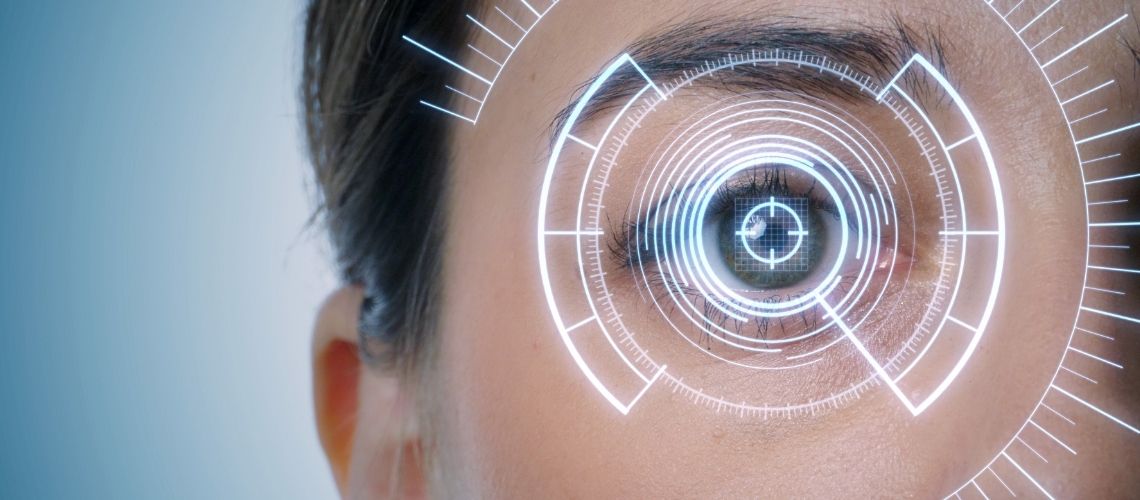Undergoing Trifocal Lens Implant surgery marks a significant step towards clearer and more vibrant vision. As you embark on the journey of recovery, understanding the various phases and expectations can help ease any apprehensions. From immediate post-operative care to long-term adjustments, this comprehensive guide offers insights into the recovery process after receiving trifocal lenses. Exploring the intricacies of early healing, adapting to visual changes, and embracing the enhanced vision ahead will empower you to make the most of your newfound clarity. Let’s delve into the different stages of recovery and the remarkable transformation that awaits.
Immediate Post-Op Care
In the immediate aftermath of Trifocal Lens Implant surgery, your eyes require delicate care. Expect sensitivity to light and mild discomfort as your eyes start the healing process. Adhering to the prescribed regimen of antibiotic and anti-inflammatory eye drops is crucial in preventing infections and minimizing inflammation. During sleep, wearing a protective eye shield is recommended to prevent inadvertent rubbing. Limiting strenuous activities and taking adequate rest during these initial days supports the healing process. Remember, your eyes are adjusting to the new lenses, so it’s normal to experience some visual disturbances. Following your surgeon’s instructions diligently during this phase sets the foundation for a smoother recovery and the enjoyment of clearer vision in the days to come.
Early Days of Recovery
During the initial phase of recovery after Trifocal Lens Implant surgery, you might experience a range of sensations as your eyes begin to heal and adapt to the new lenses. Discomfort, glare, and slightly blurred vision are common occurrences as your eyes adjust to the multifocal nature of the lenses. It’s important to take it easy during this time, avoiding strenuous activities and giving your eyes the opportunity to rest and heal. Follow the prescribed regimen of antibiotic and anti-inflammatory eye drops meticulously to prevent infection and inflammation. Be patient with any visual disturbances you encounter, as these tend to diminish as your brain learns to process the enhanced visual input. Attending follow-up appointments with your surgeon helps monitor your progress and ensures that your recovery is on track.
Visual Changes and Adjustments
As your eyes adapt to the innovative trifocal lenses, you might encounter subtle yet progressive shifts in your visual experience. Initially, you might perceive halos or glares around lights, particularly in dimly lit environments. These visual phenomena arise from the interaction of light with the lens’s multifocal design and tend to diminish over time as your brain acclimates to the new way of perceiving light. While some patients notice these effects less than others, it’s important to recognize that they are a normal part of the adjustment process. Your brain is recalibrating itself to interpret signals from different focal points, enabling clear vision at varying distances. Embracing patience during this adaptation phase will allow you to fully appreciate the benefits of your enhanced vision in diverse situations.
Returning to Normal Activities
After the initial recovery phase, you’ll gradually transition back to your regular activities. Around one to two weeks after Trifocal Lens Implant surgery, discomfort should diminish, and your vision will be stabilizing. It’s generally safe to resume most daily tasks, but avoid heavy lifting and strenuous activities that might strain your eyes. You can start using screens and reading, ensuring you take short breaks to rest your eyes. Attending follow-up appointments with your surgeon during this period is crucial for monitoring your progress and addressing any concerns. As your vision continues to improve over the weeks, you’ll find that you can enjoy many activities without the need for glasses. Just remember to pace yourself and prioritize your eye health as you gradually reintegrate into your usual routine.
Long-Term Expectations
As the weeks pass, your vision should continue to improve, and the early side effects should diminish. Most patients achieve near-normal vision without the need for glasses for various activities. You might still notice slight visual disturbances in certain conditions, but these typically lessen over time. Remember that your brain is adapting to the multifocal nature of the lenses, allowing you to enjoy clear sight at various distances.
Ongoing Eye Care
While your immediate recovery is a critical phase, maintaining good eye health is a lifelong commitment. Continue to use artificial tears or lubricating eye drops if you experience dryness, as this can contribute to your overall visual comfort. Regular eye check-ups are essential to monitor the stability of your trifocal lenses and address any changes in your vision or eye health promptly.
Enjoying Your Enhanced Vision
As you reach the final stage of recovery, you’ll likely be relishing the benefits of your trifocal lenses. The freedom from glasses for most activities and the improved visual range will significantly enhance your quality of life. Whether it’s reading, enjoying outdoor scenery, or engaging in hobbies, you’ll experience the world with newfound clarity. Remember that your surgeon and their team are available to address any concerns or questions even after recovery, ensuring that you continue to enjoy your enhanced vision for years to come.


